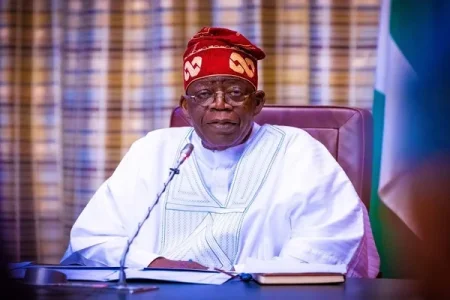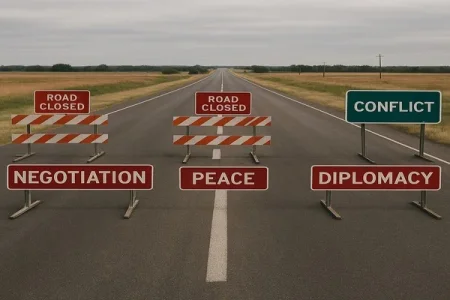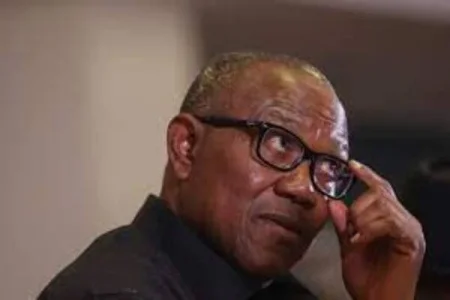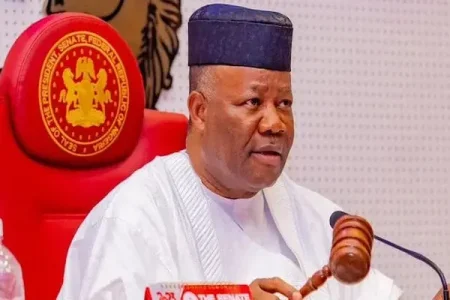
President Bola Tinubu announced plans to visit Benue State on Wednesday following sustained criticism over his absence after 250 villagers were killed in Yelewata community, Guma Local Government Area, by suspected herdsmen. Public pressure mounted as Nigerians questioned why the massacre didn't prompt immediate presidential attention, with many demanding concrete action to end the recurring violence.
- 250 villagers killed in latest Yelewata community attack, sparking criticism of presidential absence
- Public outcry over the delayed federal response to mass killings in farming communities
- Citizens' demand visit translates to actionable security improvements, not symbolic gestures
- Over 6,000 deaths recorded in farmer-herder conflicts since 2015 despite multiple presidential interventions
The presidential office transforms every action into a public examination of commitment and competence. Tinubu's delayed Benue response reveals how Nigerians measure leadership, not just by presence, but by results that follow presence. Citizens have learned to distinguish between presidential visits that deliver lasting security changes versus those that provide temporary media coverage. The real test isn't whether presidents visit grieving communities, but whether their intervention stops future massacres. For Benue farmers, this visit represents a critical moment: either Tinubu demonstrates that presidential attention can break cycles of violence, or confirms that even Nigeria's highest office cannot protect rural communities from systematic attacks.
What concrete security measures should be followed during presidential visits to conflict zones? How can citizens distinguish between symbolic gestures and interventions that deliver lasting protection?
Sources: Presidential statement, Benue State Government, security reports




